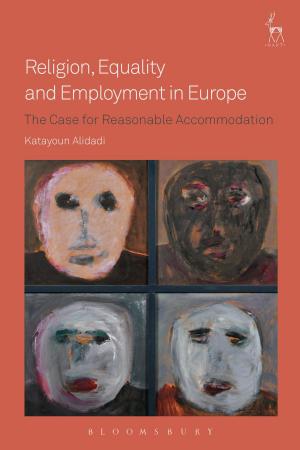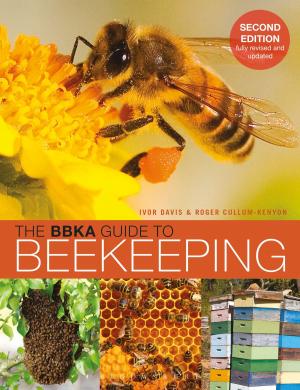Alternate Reality Games and the Cusp of Digital Gameplay
Nonfiction, Entertainment, Games, Video & Electronic, Computers, Entertainment & Games, Video & Electronic Games, Social & Cultural Studies, Social Science| Author: | ISBN: | 9781501316258 | |
| Publisher: | Bloomsbury Publishing | Publication: | April 20, 2017 |
| Imprint: | Bloomsbury Academic | Language: | English |
| Author: | |
| ISBN: | 9781501316258 |
| Publisher: | Bloomsbury Publishing |
| Publication: | April 20, 2017 |
| Imprint: | Bloomsbury Academic |
| Language: | English |
Alternate Reality Games (ARGs) challenge what players understand as "real.†? Alternate Reality Games and the Cusp of Digital Gameplay is the first collection to explore and define the possibilities of ARGs. Though prominent examples have existed for more than two decades, only recently have ARGs come to the prominence as a unique and highly visible digital game genre. Adopting many of the same strategies as online video games, ARGs blur the distinction between real and fictional.
With ARGs continuing to be an important and blurred space between digital and physical gameplay, this volume offers clear analysis of game design, implementation, and ramifications for game studies. Divided into three distinct sections, the contributions include first hand accounts by leading ARG creators, scholarly analysis of the meaning behind ARGs, and explorations of how ARGs are extending digital tools for analysis. By balancing the voices of designers, players, and researchers, this collection highlights how the Alternate Reality Game genre is transforming the ways we play and interact today.
Alternate Reality Games (ARGs) challenge what players understand as "real.†? Alternate Reality Games and the Cusp of Digital Gameplay is the first collection to explore and define the possibilities of ARGs. Though prominent examples have existed for more than two decades, only recently have ARGs come to the prominence as a unique and highly visible digital game genre. Adopting many of the same strategies as online video games, ARGs blur the distinction between real and fictional.
With ARGs continuing to be an important and blurred space between digital and physical gameplay, this volume offers clear analysis of game design, implementation, and ramifications for game studies. Divided into three distinct sections, the contributions include first hand accounts by leading ARG creators, scholarly analysis of the meaning behind ARGs, and explorations of how ARGs are extending digital tools for analysis. By balancing the voices of designers, players, and researchers, this collection highlights how the Alternate Reality Game genre is transforming the ways we play and interact today.















